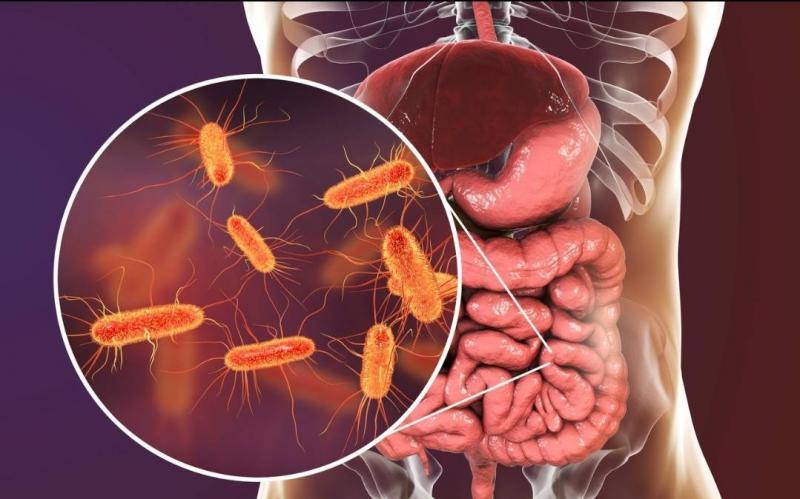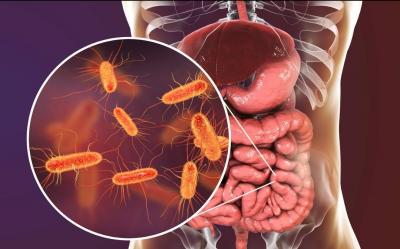A new British study has found that gut microbes may play an important role in various eating disorders, including anorexia.
Researchers from the University of Oxford reviewed available evidence suggesting that gut microbes in individuals with anorexia can influence appetite, weight, and mental health conditions such as anxiety and obsessive behavior. The results were published online yesterday, January 12, in the prestigious journal Frontiers in Psychiatry.
Anna Gintsulescu, a co-researcher from Corpus Christi College at the University of Oxford, stated, "Anorexia nervosa is an extremely common psychiatric disorder and can be incredibly debilitating or even fatal, but unfortunately, it is still very difficult to treat." She added, "Moreover, there has recently been considerable excitement about the idea that gut microbes affect many aspects of our health, including our mental health, and that this relationship is bidirectional."
It is noted that individuals with anorexia restrict their food intake and become dangerously thin, yet may believe they are overweight. In cases of anorexia, it appears that the gut microbial communities are less diverse, with harmful species being more prevalent, according to co-author Phil Burnet, an associate professor in the Department of Psychiatry at Oxford University.
For instance, Burnet found that patients with anorexia may have more bacteria that consume the protective mucus layer in the gut, which leads to gut inflammation and contributes to chronic inflammation associated with mental health symptoms. Other microbes present in anorexia patients may also affect appetite and metabolism, both of which can contribute to chronic anorexia.
However, it is unclear whether microbial imbalances in anorexia patients contribute to the illness or are a result of their severely restricted diet. The researchers suggest that studies conducted on mice may provide some evidence.
Gintsulescu stated, "In a study on mice, researchers transferred stool samples from anorexia patients to the intestines of mice that did not have their own microbiome, and these mice gained less weight and developed more anxious and compulsive behaviors compared to mice that received stool from healthy individuals. This suggests that altered gut bacteria may also contribute to similar symptoms in patients with anorexia."
The researchers indicated that promoting and maintaining a better balance of gut microbes through measures such as taking probiotic supplements or performing fecal transplants may reduce some symptoms of anorexia. However, they emphasized that there is still much to learn about the relationship between gut microbes and anorexia.




